Volvo Buses enters intercity e-bus segment with the BZR platform for Low Entry and High Floor applications
The brand new Volvo BZR electric bus platform was unveiled. It's set to join the already available BZL platform in the Swedish company's offering. The Volvo BZR platform, according to statements from the company (further technical information will follow), is designed to meet a diverse range of transportation needs, including commuting, intercity travel, and coach applications. Offering flexibility in configuration, from Low Entry to High Floor, with options for two or three axles and various battery configurations, the BZR platform reflects Volvo's commitment to versatility and adaptability. The version shown in Gothenburg on Tuesday evening was a three-axle, low-entry version.
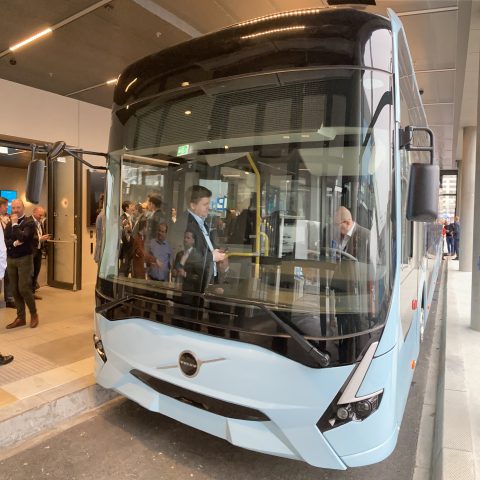
Volvo Buses has unveiled today, 19th March 2024, its new BZR electric bus platform for Low Entry and High Floor applications (coach included). It’ll be featuring the same batteries mounted on Volvo electric truck.
In March 2023, Volvo Buses announced the decision to cease the production of complete buses, both urban and coach, in Europe. Then, the company had signed letters of intent with MCV for the manufacture of bodies for city and intercity buses, and with Sunsundegui for tourist buses. The definitive agreement signed with MCV included the development “an electric bus for intercity traffic”.
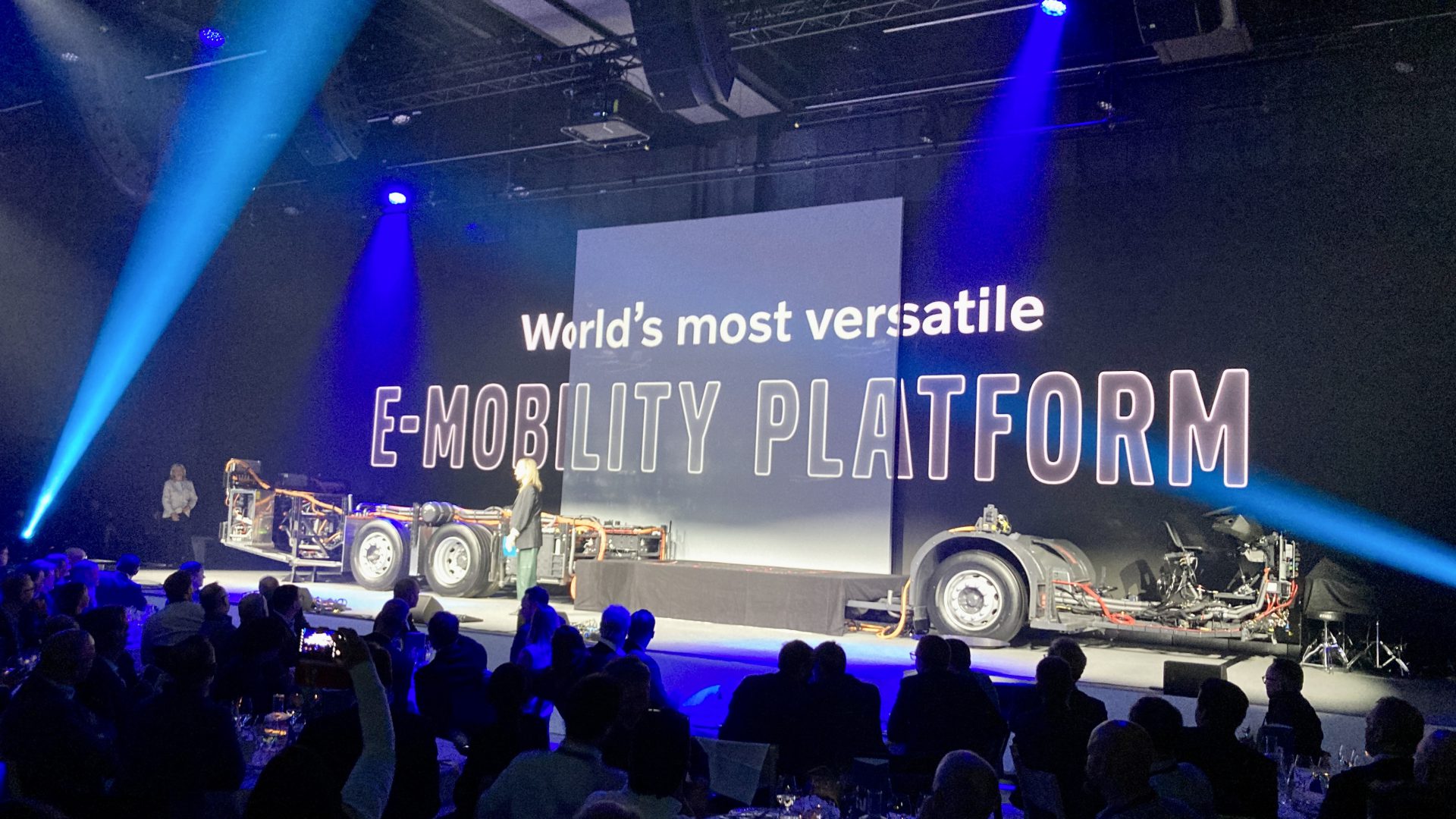
Volvo Buses launches BZR electric bus platform
Now, time has come for the first reveal. The brand new Volvo BZR electric bus platform was unveiled. It’s set to join the already available BZL platform in the Swedish company’s offering. The Volvo BZR platform, according to statements from the company (further technical information will follow), is designed to meet a diverse range of transportation needs, including commuting, intercity travel, and coach applications. Offering flexibility in configuration, from Low Entry to High Floor, with options for two or three axles and various battery configurations, the BZR platform reflects Volvo’s commitment to versatility and adaptability. The version shown in Gothenburg on Tuesday evening was a three-axle, low-entry version.
Also a first concept version of the 8900 Electric with BZR chassis and Volvo bodywork has been available for a close look (see opening picture), although the series production of the model will happen in Egypt through bodybuilder partner MCV.
At launch, the platform accommodates lengths from 9.5 to 15 meters, a maximum weight of 27,000 kg and traction power up to 400kW, or 540 hp. In combination with the modular battery arrangement of up to 540 kWh, the Volvo BZR Electric is suitable for most of the applications in extended city and intercity operation.
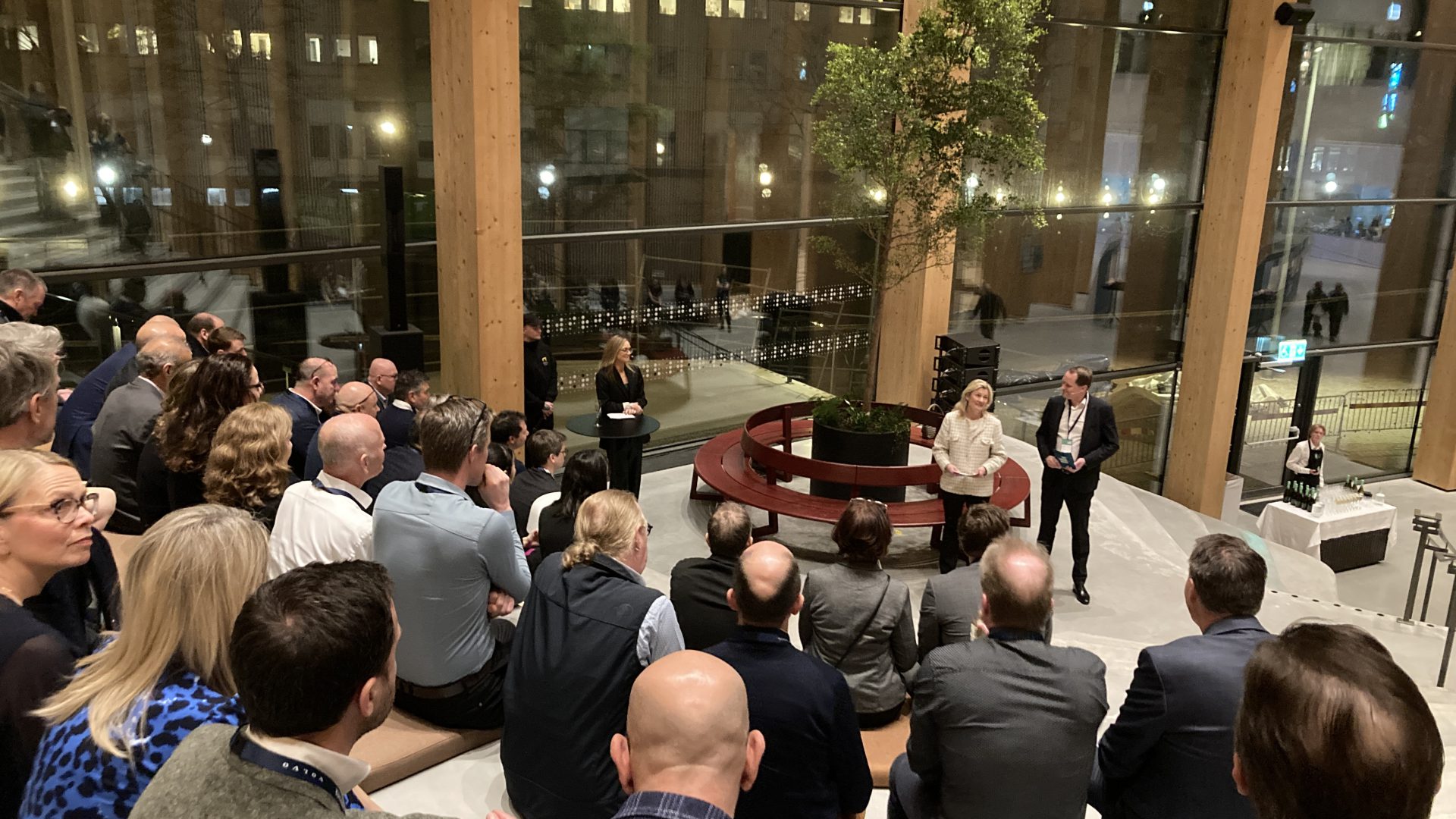
It’s worth noticing that the new platform has been presented by Anna Westerberg, President of Volvo Buses, as the first “common Volvo Group e-mobility platform, built by sharing experiences, competences, components within the group. For instance, batteries are the same you could find on the heavy-duty trucks“.
“Electromobility is still a growing, fast-moving business, and at Volvo Buses we have gathered more than a decade of first-hand experience, together with customers and partners. With the launch of the Volvo BZR Electric, we’re convinced that we now have a product and a complete offer that will be a long-term solution for customers worldwide,” adds Anna Westerberg.
Thomas Nylund, newly-appointed Volvo Buses’ Vice President Europe, focused on the new business model adopted by the brand in the continent: “Switching our focus on collaborating with premium bodybuilders, we are going to offer more flexibility and be more adaptive to local needs“.
Volvo launches World of Volvo center
The launch of Volvo BZR platform marked the culmination of a press event focusing on the upcoming opening of World of Volvo, a event and congress center in Gothenburg as well as museum.
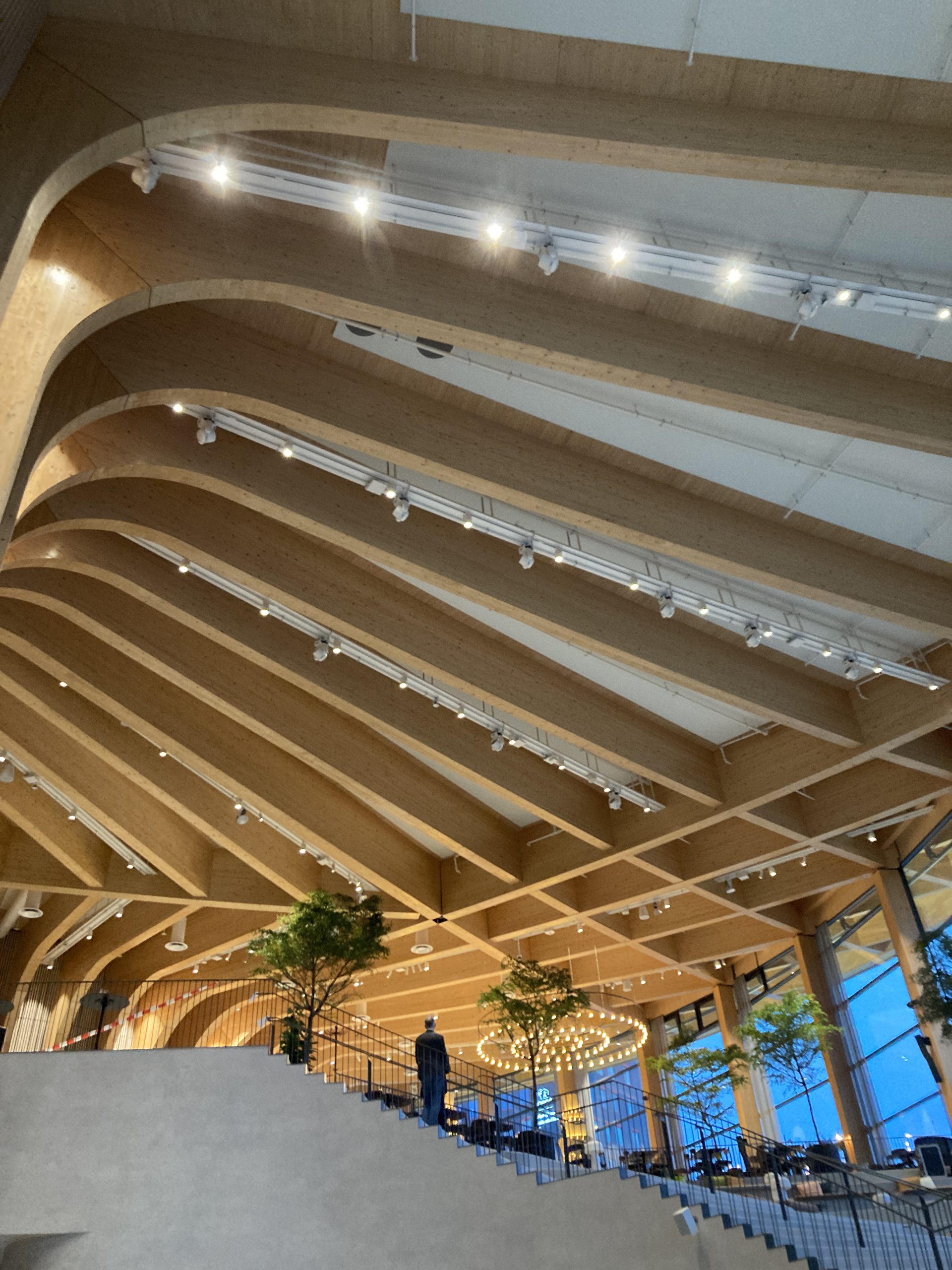
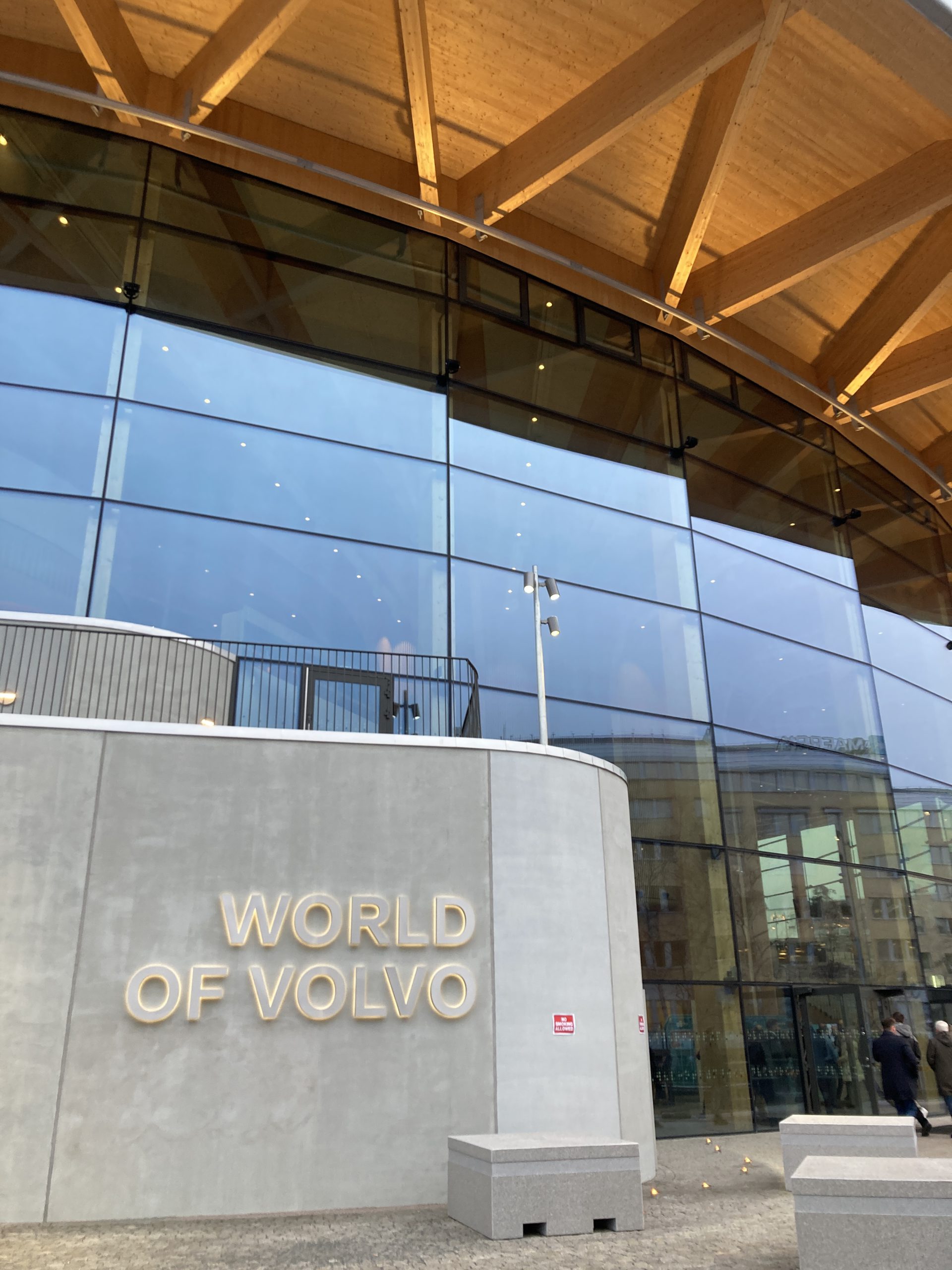
The genesis of World of Volvo dates back to late 2017, when Volvo’s Board recognized the need to repurpose its historic space as the lease on the former museum building was set to expire. Volvo Board started to think to a way to not only preserve the company’s heritage but also allow people to eat, drink, attend events, meet. In late 2020 the previous plant where automotive components were built was demolished. In February 2021 works to realize the new building, inspired by the landscape of Swedish nature, started. In December 2023 the building was ready, now final works are underway for interiors and decorations in order to be ready to inaugurate the building in mid-April.







